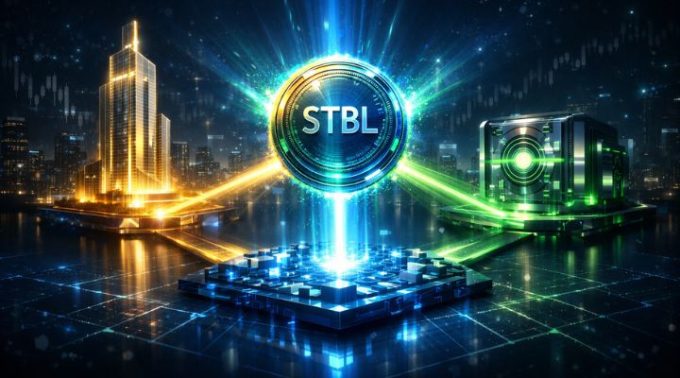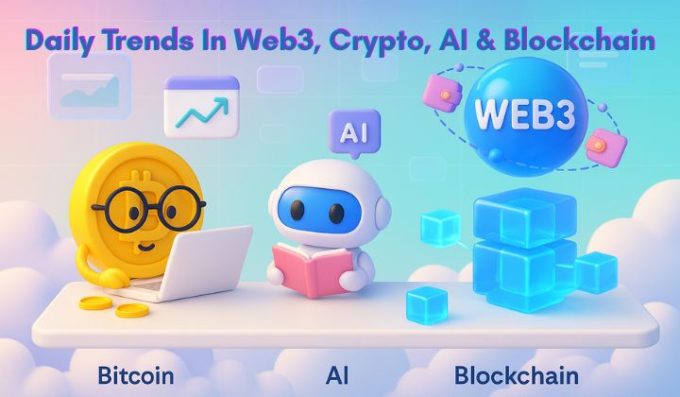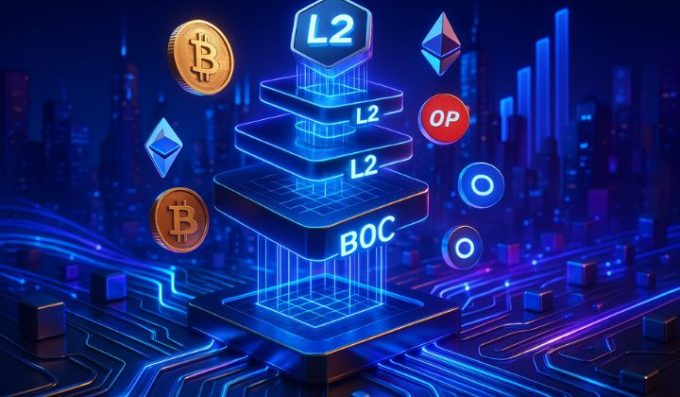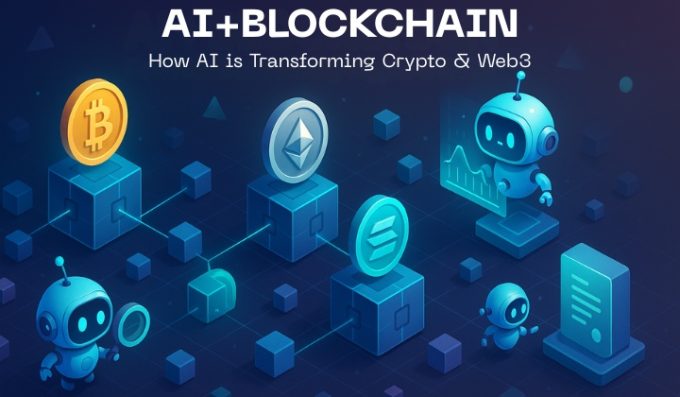Convergence Of AI And Blockchain
The combination of Blockchain technology with Artificial Intelligence (AI) has the potential to completely transform data infrastructure in this quickly changing field of technology.
Decentralized and immutable nature has fueled the prosperity of blockchain technology, while centralized data storage and privacy concerns have historically hindered AI. Blockchain technology may be seamlessly integrated with AI to greatly improve AI systems’ capabilities while resolving basic issues with data security and administration. This essay examines how this combination will advance AI and transform the management, protection, and use of data.
How Does Blockchain Aid AI?
Data Privacy and Security
The security and privacy of sensitive data are two of the main issues in AI development. Because centralized databases are vulnerable to hacking and data breaches, traditional data storage solutions carry a high risk of security breaches. Blockchain technology, on the other hand, has built-in security protections because of its decentralized structure and use of cryptographic algorithms.
Encryption keys restrict access to AI-related data stored on a blockchain network, ensuring that only authorized individuals can access and edit it. Dispersing the data throughout a network of nodes increases its resistance to cyberattacks and lowers the chance of data loss. Users and organizations handling sensitive data may find AI systems more desirable as a result of this increased security and privacy, which can foster trust in the systems.
Decentralized Data Marketplaces
Data marketplaces built on blockchain technology are starting to appear as safe locations for consumers to purchase, trade, and exchange data. These markets allow individuals and companies to share their data with AI researchers, developers, and companies while still maintaining ownership and control over the information.
AI model training and development provide new opportunities when combined with decentralized data marketplaces. AI programmers don’t have to worry about complicated data-sharing agreements or jeopardizing user privacy to access a variety of datasets. Furthermore, data owners have the option to commercialize their datasets, which will encourage them to add additional premium datasets to these markets and improve AI training in the process.
Validation of AI Models Via Consensus Mechanisms
Validating AI models is a critical step in ensuring AI systems’ precision and dependability. It is possible to modify blockchain consensus techniques, such as proof-of-work (PoW) or proof-of-stake (PoS), to validate AI models in a decentralized way.
By using a consensus approach, AI developers can decide as a group what the most accurate AI model is, which keeps any one party from influencing or biasing the findings. Decentralized validation processes improve the resilience and trustworthiness of AI systems, which makes them more appropriate for important applications such as financial forecasting, autonomous cars, and healthcare diagnostics.
Eradication of Interoperability and Scalability Challenges
Scalability and interoperability issues plague traditional AI systems frequently, especially when dealing with a variety of datasets and AI algorithms. The distributed nature of blockchain technology can help with these problems.
Blockchain networks ensure smooth interoperability between multiple AI models by accommodating a variety of data types and AI algorithms. Furthermore, AI applications can effectively analyze massive volumes of data in real-time, allowing for quicker and more advanced AI solutions.
Creation of Tokenomics-Based Incentive Structures for AI-Related Tasks
Tokenomics, the study of digital tokens and cryptocurrencies in blockchain ecosystems, may be used to design AI-related task reward programs. For example, AI developers can generate tokens to reward users for supplying data used in validating or training AI models.
These token-based rewards encourage increased engagement in AI projects by providing bigger and more varied datasets for model training. Additionally, by promoting cooperation between data suppliers, end users, and AI developers, this strategy can create a thriving AI ecosystem that gains from a network effect.
Federated Learning and Secure Data Sharing
Federated learning enables the training of AI models across multiple devices or nodes while preserving local, decentralized data storage. By minimizing the chance of data exposure and not centralizing raw data in one place, it protects privacy. But managing federated learning across several devices might be challenging.
Because blockchain technology makes it possible for nodes to communicate and coordinate safely and effectively, it may act as the foundational framework for federated learning. Smart contracts can control the consensus procedures, ensuring the legitimacy of the participating nodes and the integrity of the federated learning process.
Scalability and Energy Efficiency
For training, traditional AI systems—especially deep learning models—need a tremendous amount of processing power and energy. Blockchain networks have also been criticized for using a lot of energy.
Yet, developments in Blockchain protocols—like proof-of-stake (PoS)—have significantly reduced energy spending. Researchers are looking at creative ways to develop Blockchain networks and AI models that are more energy-efficient by combining the advantages of both technologies. Furthermore, the decentralized structure of Blockchain can improve AI systems’ scalability by guaranteeing smooth integration with expanding datasets and user bases.
Conclusion
A fascinating area of technology and data infrastructure is the combination of blockchain technology with artificial intelligence. We can unleash a plethora of opportunities for innovation and societal impact by fusing the security, transparency, and decentralization provided by Blockchain technology with the processing power of AI.
Blockchain and AI have the ability to upend many businesses and completely change how we interact with data, from improving data security and privacy to enabling decentralized data markets. As these technologies develop further, businesses, researchers, and legislators must collaborate to ensure realizing the potential advantages while minimizing associated hazards.
Blockchain technology and artificial intelligence have the potential to significantly impact data infrastructure in the future. Accepting this strong partnership may result in a data environment that is more effective, reliable, and inclusive, while also promoting advancement and industry change.
You need to login in order to Like
















